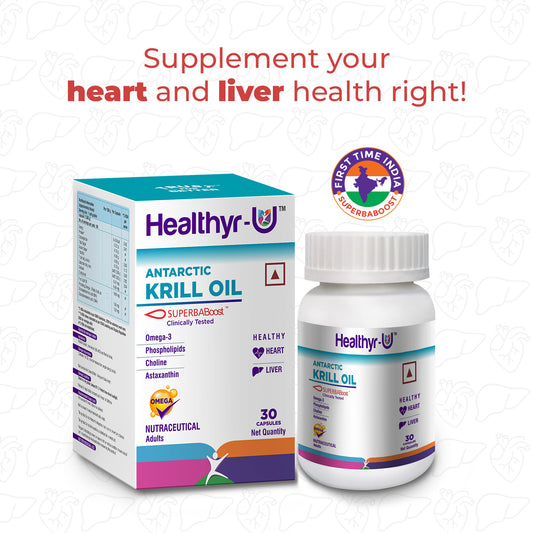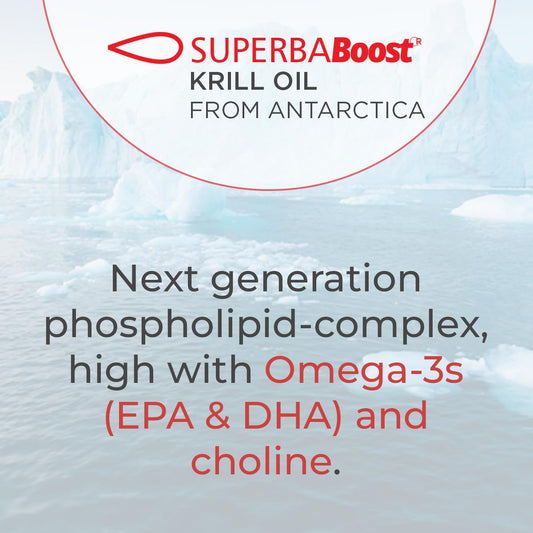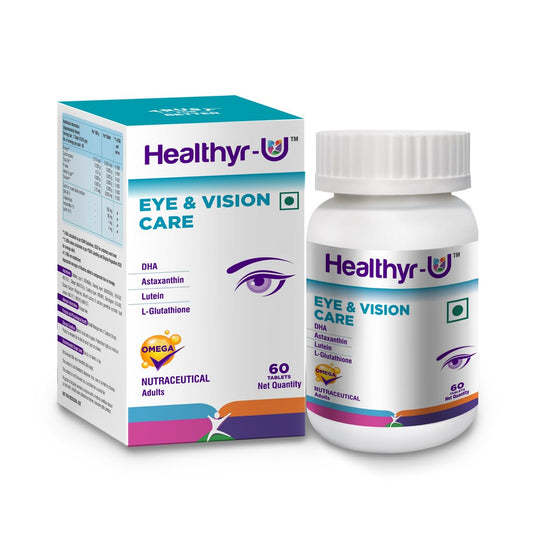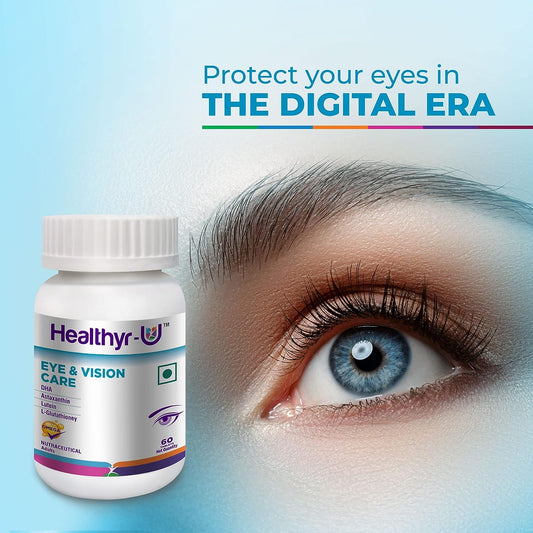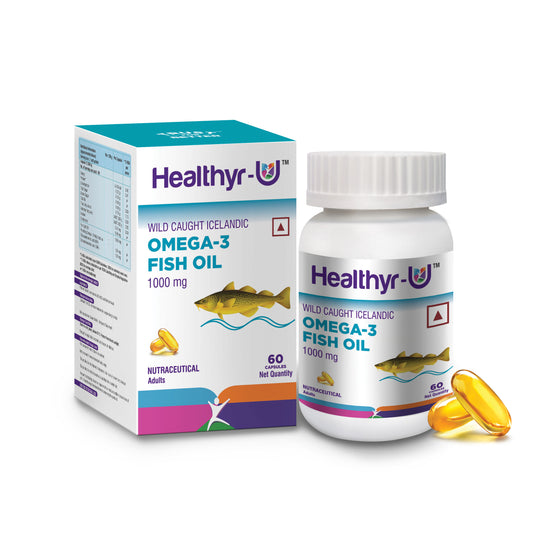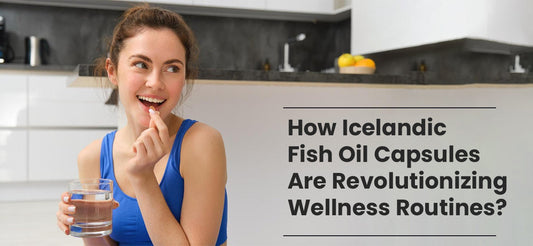Omega-3 fatty acids are essential nutrients that offer numerous health benefits, from supporting heart health to promoting brain function and reducing inflammation. While omega-3 supplements are readily available, getting these valuable nutrients from natural food sources is always a great option.
In this article, we'll explore 10 foods rich in omega 3 fatty acids , providing you with a natural and delicious way to boost your intake.
1. Avocado

Avocado: Avocado, a versatile and nutrient-rich fruit, offers a small amount of alpha-linolenic acid (ALA), a plant-based omega-3 fatty acid. Packed with monounsaturated fats, avocados promote heart health. They are also rich in fibre, vitamins (including K, E, C, and B), minerals, and antioxidants. Incorporating avocados into a balanced diet adds nutritional value
2. Chia Seeds

Chia seeds are small powerhouses of nutrition, packed with omega-3 fatty acids, fibre, and antioxidants. They are an excellent plant-based source of alpha-linolenic acid (ALA), a type of omega-3 fatty acid that the body can convert into EPA and DHA, although the conversion is limited.
3. Flaxseeds

Flaxseeds are another fantastic plant-based source of omega-3 fatty acids. They are high in ALA and offer numerous health benefits. Grinding flax seeds before consumption enhances their digestibility and allows the body to absorb the nutrients more effectively.
4. Walnuts

Walnuts are not only a delicious and convenient snack but also a rich source of omega-3 fatty acids. They are particularly high in ALA and contain other essential nutrients, making them a great addition to your diet for heart health and brain function.
5. Eggs

You should include eggs in your daily diet since they are high in protein, vitamins, the fat-fighting ingredient choline, and omega 3 fatty acids.Special omega 3 eggs are now available in the market. These eggs are produced by chickens whose feed include an omega-3 source, primarily flaxseeds.
6. Algal Oil

For individuals following a plant-based or vegetarian diet, algal oil is an excellent source of omega-3 fatty acids. Algal oil is derived from algae and provides a direct source of EPA and DHA, similar to what is found in fatty fish.
7. Sardines

Sardines are small, oily fish that are packed with omega-3 fatty acids. They are also a rich source of protein, calcium, and vitamin D, making them a highly nutritious option for a well-rounded diet.
8. Anchovies

Anchovies are small, oily fish commonly used as a flavour enhancer in various cuisines. They are not only a great source of omega-3 fatty acids but also provide essential minerals like calcium, magnesium, and iron.
9. Spinach

While not as high in omega-3 fatty acids as fish or seeds, spinach is a leafy green vegetable that deserves a place on this list. It contains a fair amount of ALA, along with other valuable nutrients and antioxidants, contributing to a balanced and nutrient-rich diet.
10. Brussels Sprouts

Brussels sprouts are cruciferous vegetables known for their many health benefits. They also provide a modest amount of omega-3 fatty acids, making them a nutritious addition to your meals.
Benefits of Omega-3 Fatty Acids

Omega-3 fatty acids offer a range of benefits that contribute to overall health and well-being. Here are some key advantages:
Heart Health:
omega-3s help lower triglyceride levels, reduce blood pressure, decrease the risk of abnormal heart rhythms, and prevent plaque buildup in arteries, thus reducing the risk of heart disease and stroke.
Brain Function:
omega-3s are crucial for proper brain development and function. They support cognitive functions such as memory, attention, and problem-solving. Adequate omega-3 intake has been linked to a reduced risk of age-related cognitive decline and may improve symptoms of mental health disorders like depression and anxiety.
Inflammation Reduction:
omega-3s possess anti-inflammatory properties, which can help manage chronic inflammatory conditions like rheumatoid arthritis, psoriasis, and Crohn's disease. By reducing inflammation, omega-3s may alleviate joint pain and stiffness.
Eye Health:
DHA, a type of omega-3 fatty acid, is a major component of the retina in the eye. Consuming omega-3s is associated with a reduced risk of age-related macular degeneration (AMD) and dry eye syndrome, both of which can lead to vision impairment.
Skin Health:
Omega-3 fatty acids help maintain healthy skin by supporting its structure, retaining moisture, and reducing inflammation. They can be beneficial for conditions such as eczema, psoriasis, and acne, and they may also promote a youthful appearance and improve skin elasticity.
FAQs about Omega-3 Fatty Acids
Q: Can't I just take omega-3 supplements instead of consuming these foods?
A: omega-3 supplements can be beneficial, but getting nutrients from natural food sources provides additional benefits, including other essential nutrients, fibre, and antioxidants. It's always best to strive for a balanced diet and consult with a healthcare professional regarding supplementation.
Q: How much omega-3 should I consume daily?
A: The recommended daily intake of omega-3 fatty acids varies depending on age, sex, and health conditions. Generally, it is recommended to consume at least 250-500 milligrams of EPA and DHA combined per day. Consult with a healthcare professional or nutritionist for personalized advice.
Q: Can vegetarians and vegans get enough omega-3s from plant-based sources?
A: Yes, plant-based sources like chia seeds, flaxseeds, hemp seeds, and algal oil can provide omega-3 fatty acids, particularly ALA. However, conversion of ALA to EPA and DHA is limited in the body, so supplementation or consumption of algae-based sources may be beneficial for vegetarians and vegans.
Q: Are there any risks or side effects associated with omega-3 consumption?
A: omega-3s are generally safe for most people when consumed in recommended amounts. It's important to consult with a healthcare professional if you have specific health concerns or are taking medications.
- Melatonin helps produce and break down lipid and glucose molecules following the body's requirements.
- The anxiety and stress levels also decrease when you experience an improved sleep cycle with the help of melatonin sprays.
- Melatonin tablets reduce the sensation of excess pain and swelling in the body.
- It reduces the production of harmful free radicals in our digestive system.
- Melatonin can maintain age-related eye conditions as it prevents cell damage.
Conclusion:
Incorporating omega-3 fatty acids into your diet is essential for overall health and well-being. These 10 foods high in omega, including fatty fish, chia seeds, flaxseeds, walnuts, eggs, algal oil, sardines, anchovies, spinach, and brussels sprouts, are rich best sources of omega-3 fatty acids. By incorporating these nutrient-dense foods into your meals, you can naturally boost your omega-3 intake and enjoy their numerous health benefits. Remember to consult with a healthcare professional or nutritionist for personalized advice based on your specific dietary needs and health goals.




